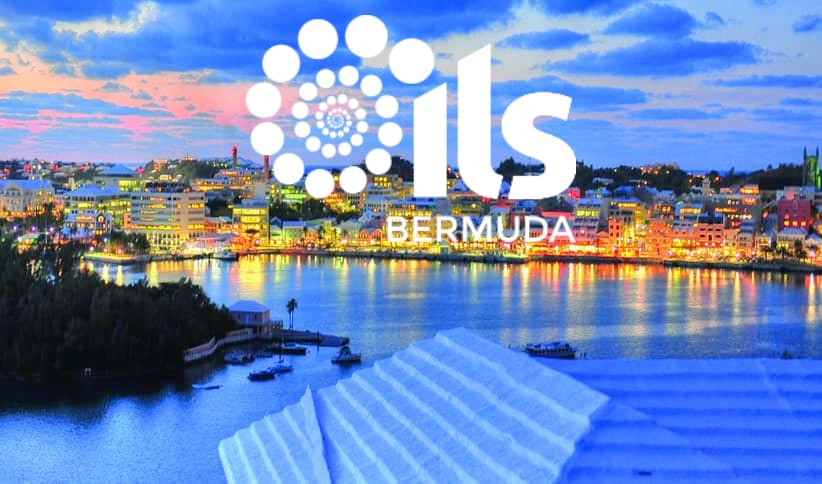During a panel discussion at the ILS Bermuda Convergence 2025 conference yesterday, speakers were asked to discuss what they’ve seen in the way of improvements in the insurance-linked securities (ILS) asset class over the last five years, with the institutionalisation of ILS and continuing efforts in educating investors both seen as key. The panellists were exploring how ILS has become a stabilising force within an environment where financial markets have been more uncertain.
The panellists were exploring how ILS has become a stabilising force within an environment where financial markets have been more uncertain.
Moderator of the session Adam Champion, Executive Vice President, Capital Markets at reinsurance broker Price Forbes Re, asked for the panels views on how the ILS space has evolved over the last five years.
Joe Tolen Senior Investment Director in the Credit Investment Group at consultancy Cambridge Associates explained that the professional approach, particularly when it comes to educating investors, has been key.
“One of the big changes that I’ve seen in the last five years, or maybe going back eight years, when I started looking at the space. I think managers and reinsurance companies, those that are taking on third-party capital and raising assets, I think they’ve become a lot more institutional, even in the last five years,” Tolen explained.
He continued, “They’ve really put a lot of effort in, not only on the education side, but almost the partnership side. So, yes we can provide capital solutions, but how can we help you through things like cycle management and becoming more aligned, helping to educate board members or investment committee. Really just being more and more institutional, being willing to step into those rooms and educate.”
Tolen also said that, “Cycle management, I think that’s a super important part, especially where we’re at now. Where we’re at now, it’s been a really drastic improvement. It’s come a long way. I think it’s great, there’s more room to go grow as well.”
Darren Redhead, CEO of independent Bermuda-based ILS asset manager Perren Capital Management highlighted transparency as another area of improvement in recent years.
Redhead said, “I’d say the biggest change I’ve seen over the last five years, is very much linked to the partnership basis we see. But it’s more, not just the education, but the transparency and the level of information and data investors actually want to see now.
“It’s not just what is the asset class, what’s your track record, give me a general overview? It’s now what are you actually investing in, how have you priced that contract, what’s the default rate, what has it been exposed to in the past, what are my returns going to be, how are trapped funds going to be dealt with?
“For me, that’s been the biggest change over the five year. It’s the greater transparency and the thirst for knowledge from investors as well, and quite rightly so.”
Dan Conklin, Vice President in the Alternative Capital Partners Americas unit at global reinsurance firm Swiss Re, concurred and said, “I’ve been very impressed, in my few years at Swiss Re, about the industry’s efforts to get people up to speed on the asset class, understanding the terminology, providing a dictionary of sorts.
“It’s helping end-allocators feel more comfortable defending this asset class in front of their committees. It’s very promising, and I think it’s going to provide the industry with a lot more interest, and we’ll see where that interest goes.”
Conklin also noted the importance of continuing the education process through the cycle, so investors are informed as to what comes next.
He explained that, “We’re in a nice period of supply and demand, I’d argue, and almost too much supply could be an interesting situation for us to have. Education is important, but I think we’re at an inflection point, especially after the property cat side pricing over the past couple years and resulting interest from investment allocators.”
It’s clear from the discussion that, while the ILS market has become more professionalised and institutional in its nature, with the wave of interest being seen from investors at this time the need for more transparency and deeper, more frequent educational touchpoints is only becoming more important.
Also read: Bermuda uniquely positioned for next-generation ILS solutions: Convergence 2025.



